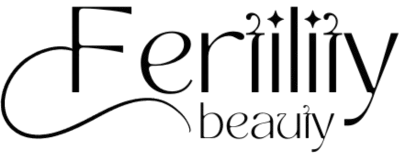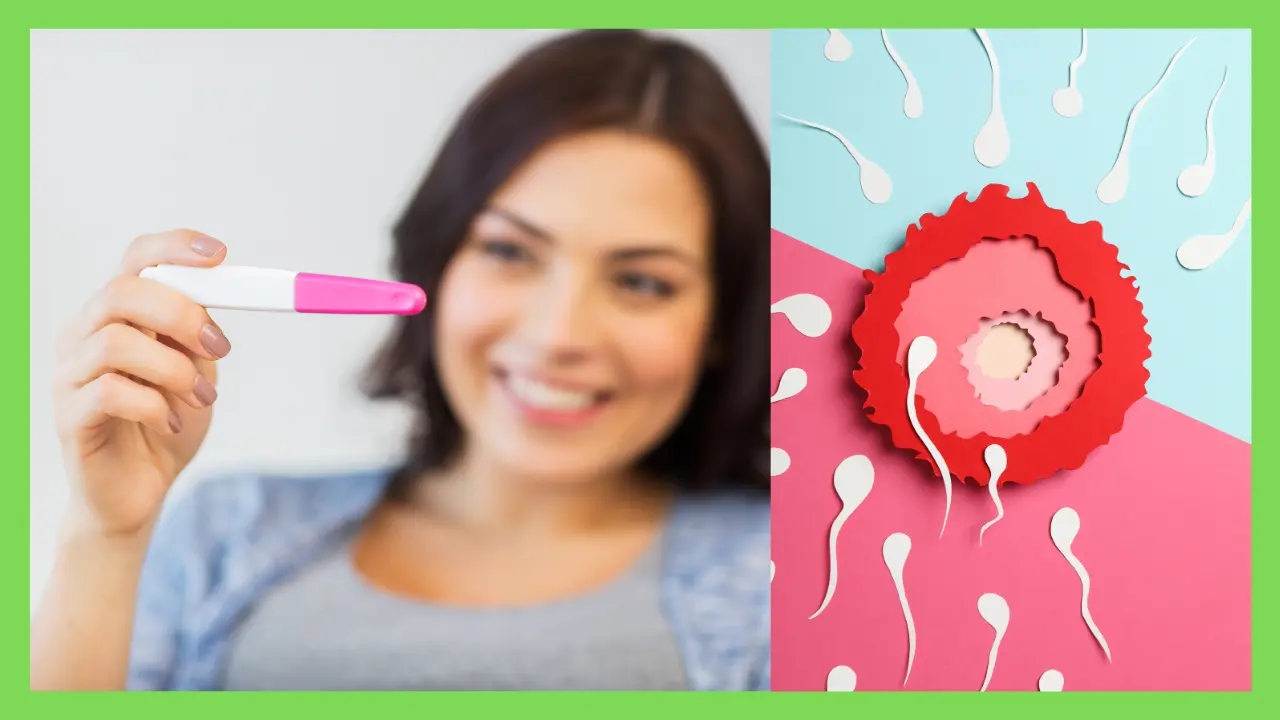Table of Contents
Fertility is a topic that’s both deeply personal and universally relevant, especially for women. While modern medicine has advanced in leaps and bounds, age remains one of the most significant factors influencing a woman’s ability to conceive. The journey of fertility is not a straight line, and as women age, the path becomes increasingly complex. Let’s take a closer look at how age affects fertility in women and explore the science, the challenges, and the myths.
The Biological Clock: More Than Just a Metaphor
When people mention the “biological clock,” they’re not just speaking metaphorically. In fact, a woman’s fertility is largely tied to her age, and this has everything to do with the ovaries and the eggs they release. At birth, a female has about one to two million eggs. By puberty, this number drops to around 300,000 to 400,000. And each month, during ovulation, a few hundred of those eggs are recruited, but only one matures for potential fertilization.
In her 20s, a woman is at her peak fertility. Her eggs are more plentiful, of better quality, and the chances of conception are higher. But as women move into their 30s and beyond, the quantity and quality of eggs decline sharply. By the time a woman reaches her mid-30s, the decline accelerates. At 40, fertility takes another significant dip, with both the quantity and quality of eggs diminishing further. This biological reality can make conception more difficult, with a greater risk of miscarriage or chromosomal abnormalities.
Why Does Egg Quality Decline?
Egg quality is essential for successful conception, and it’s this aspect that suffers most with age. But what does “quality” actually mean? It refers to the egg’s chromosomal makeup. As a woman ages, her eggs are more likely to have chromosomal abnormalities, which can lead to difficulties in conceiving, or in some cases, miscarriage. By the time a woman reaches 40, a significant percentage of her eggs may have these abnormalities. This is why many women in their 40s, despite being in good health overall, may struggle to conceive naturally.
The Role of Hormones
Age also influences the hormonal balance necessary for reproduction. As women get older, levels of follicle-stimulating hormone (FSH) increase. While FSH helps stimulate the ovaries to produce eggs, elevated levels can indicate that the ovaries are becoming less responsive, a common issue as a woman approaches menopause.
Additionally, the levels of estrogen and progesterone — two critical hormones for pregnancy — fluctuate as women age. These hormonal shifts can lead to irregular ovulation or even anovulation (when the ovaries do not release an egg), further complicating the path to conception.
The Reality of Conception in Your 30s, 40s, and Beyond
For many women, their 30s are the decade when they begin to seriously consider starting a family. However, it’s also when fertility begins to decline. A woman in her early 30s still has a good chance of conceiving, but by her mid-to-late 30s, the decline is sharper.
By the age of 35, fertility starts to decline more rapidly. Not only does it take longer to get pregnant, but there’s also an increased risk of pregnancy complications, such as gestational diabetes, high blood pressure, and preeclampsia. The likelihood of miscarriage also rises, particularly after 35. And by 40, the chances of natural conception drop significantly.
In fact, according to the American Society for Reproductive Medicine, a healthy 30-year-old woman has about a 20% chance of getting pregnant each month. By 40, this chance drops to about 5%.
Fertility Treatments: A Glimmer of Hope
Thankfully, there are options for women who wish to conceive later in life. Assisted reproductive technologies (ART), such as in vitro fertilization (IVF), have made it possible for women in their late 30s, 40s, and even beyond to have children. However, it’s important to note that while these treatments can be effective, they are not foolproof. Success rates also decrease with age, largely because of the decline in egg quality.
Some women may opt to use donor eggs, which can significantly improve the chances of conception. Egg freezing has also gained popularity as a way for women to preserve their younger, healthier eggs for future use. However, it’s best to freeze eggs before the age of 35 for optimal success rates.
The Emotional Toll of Aging and Fertility
While the biological facts are crucial, the emotional journey of trying to conceive later in life can’t be overlooked. Many women face immense pressure — from society, family, or even themselves — to conceive by a certain age. When conception doesn’t happen as quickly as expected, it can lead to stress, anxiety, and feelings of failure.
In addition, the process of undergoing fertility treatments can be emotionally draining. The highs and lows of hope, disappointment, and sometimes grief, can take a toll on mental health. It’s important for women and their partners to seek support, whether through counseling, support groups, or simply talking openly with loved ones.
Conclusion: Navigating Fertility With Age
Age is undeniably a critical factor in female fertility. While many women are waiting longer to start families, the biological reality is that fertility declines with time. However, with the advancements in medical technology, women today have more options than ever before to conceive later in life. Whether it’s through ART, egg freezing, or the use of donor eggs, there are ways to navigate the challenges of age-related infertility. The journey may not always be easy, but it’s important to remember that every woman’s path to motherhood is unique.
A Complex Landscape of Choices
Fertility is a winding road, one shaped by age, biology, and even the unpredictable swings of life itself. A woman in her 20s may have more biological potential, but a woman in her 30s or 40s might have more life experience, stability, and a clear sense of her desires. There’s no one-size-fits-all approach to starting a family, and while age is a critical factor, it’s just one part of a much larger, deeply personal equation.

